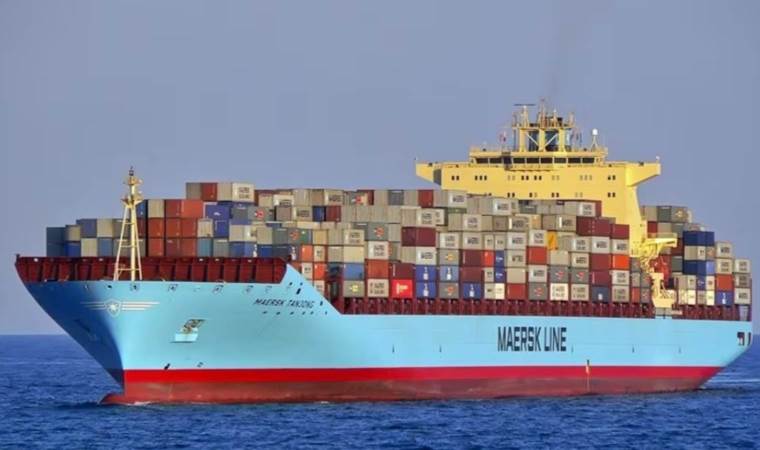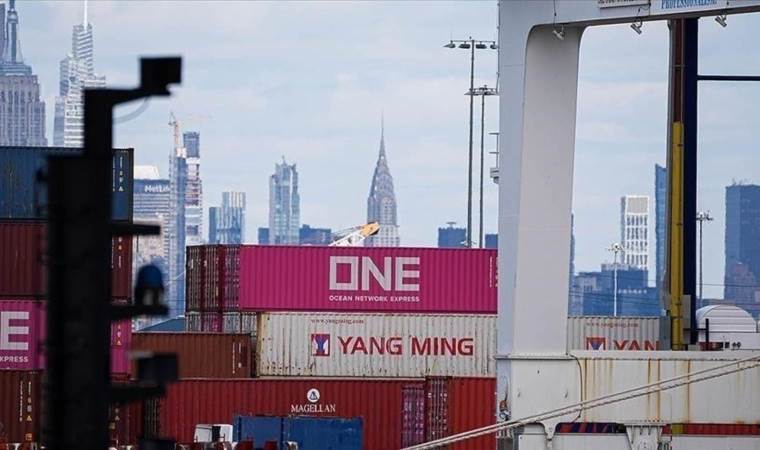Shipping disruption as major cargo ship avoids Red Sea
When the Maersk Tanjong departed from Thailand on December 2, carrying goods for Walmart, H&M, Adidas, and ASOS, it was initially bound for the Suez Canal, en route to the U.S. East Coast. However, due to Houthi attacks in the Red Sea, the ship rerouted on December 17, circumnavigating Africa via the Cape of Good Hope.

This diversion added thousands of miles and five days to its journey to Norfolk, Virginia, and incurred about $1 million in additional fuel costs.
The cargo, including diverse items like prawns, sneakers, and plastic tubes, highlights the range of products impacted by the crisis. Houthi militants in Yemen have targeted Western commercial vessels since November 19, protesting against Israel's actions in Gaza. This latest disruption to global trade compounds existing challenges from the COVID pandemic, climate issues, and rising protectionism.
Companies are adapting by modifying shipping routes and methods, with some turning to air transport for urgent deliveries. The apparel industry, in particular, faces delays, affecting time-sensitive collections. Retailers and consumer goods firms must navigate these changes, with larger companies like Walmart and ASOS already adjusting their supply chains. The long-term impacts on global trade and the use of the Suez Canal remain uncertain.
Most Read News
-
 6.3 magnitude earthquake strikes off Indonesia’s Talaud
6.3 magnitude earthquake strikes off Indonesia’s Talaud
-
 Zelenskyy demands Russian clarity over strikes on civili
Zelenskyy demands Russian clarity over strikes on civili
-
 China integrates AI into undergraduate studies
China integrates AI into undergraduate studies
-
 South Korea, US to hold trade talks this week
South Korea, US to hold trade talks this week
-
 Germany cuts economic growth forecast to stagnation for
Germany cuts economic growth forecast to stagnation for
-
 Pope Francis' funeral to take place on April 26, Vatican
Pope Francis' funeral to take place on April 26, Vatican
-
 Kremlin says Putin open to talks on civilian strikes mor
Kremlin says Putin open to talks on civilian strikes mor
-
 South Korean military holds live-fire drills near inter-
South Korean military holds live-fire drills near inter-
-
 Wife of former US Senator Menendez found guilty in bribe
Wife of former US Senator Menendez found guilty in bribe
-
 Harvard University sues Trump administration over fundin
Harvard University sues Trump administration over fundin













